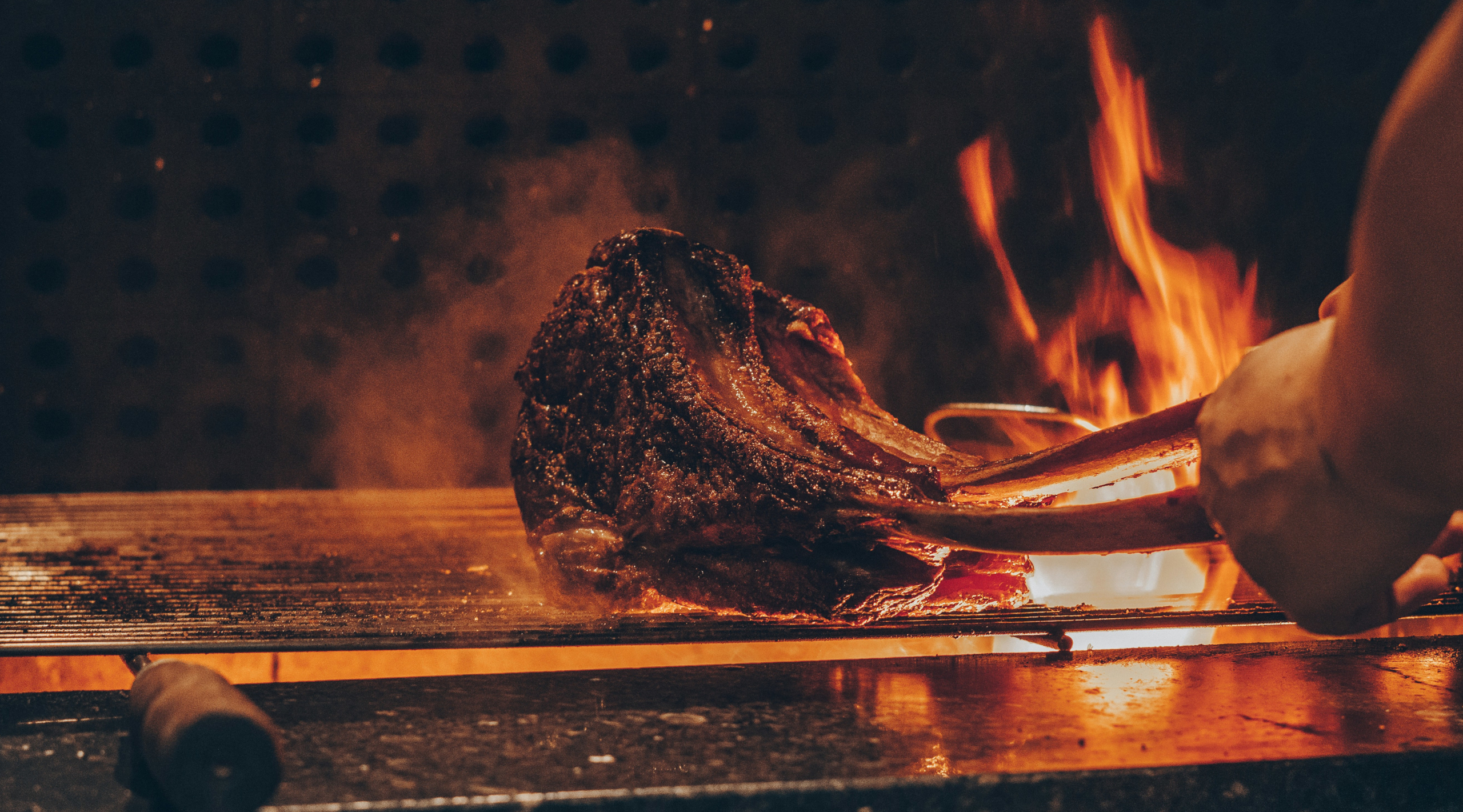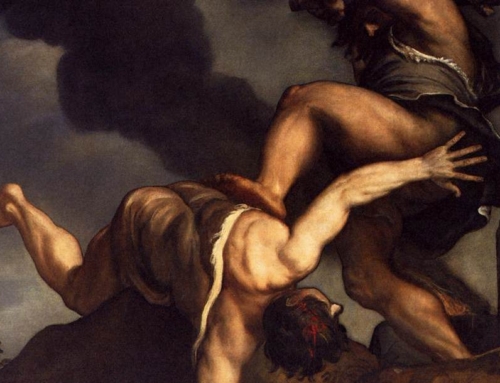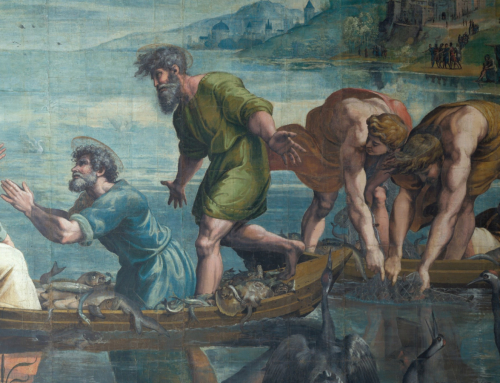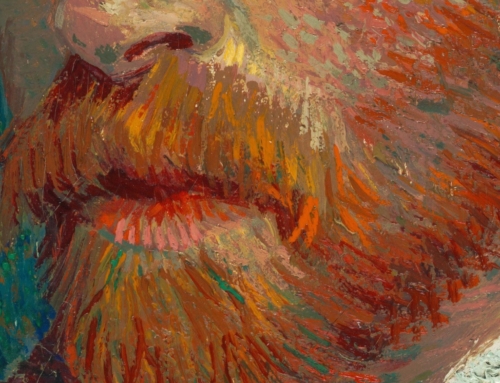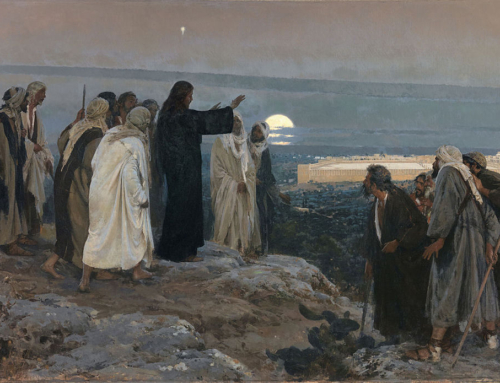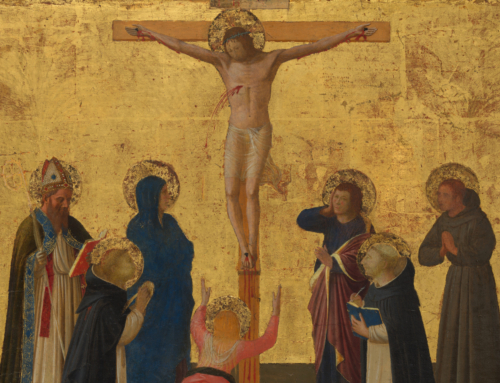Some Christians get hats or bumper-stickers or even tattoos that simply say “John 3:16.” For some reason “Leviticus 3:16” doesn’t get much love. In that verse, we read: “All fat is the LORD’s” (Lev 3:16). Surprisingly, this verse points to what Christian joy truly means. In context, Leviticus 3:16 is a commandment that all the fat of a sacrificed animal belongs to God. For some occasions, the one offering an animal to God can eat parts of the sacrifice. However, no one is ever allowed to eat the fat or the blood (Lev 3:17). Why are those two things forbidden? And more importantly, what does that have to do with Jesus? Let’s see how deep this rabbit hole goes . . .
We give what is best to God, and it is well known that the fat is the best part of the animal. To get technical, “When we cook a steak, the fat renders and creates juiciness while helping the meat develop layers of succulent flavor” (S. Perkins et al., 2023). The blood, too, is reserved for God because the life of the animal was considered to be in its blood (Lev 17:11), and life is sacred. Furthermore, if life is in the blood then we would not want to mingle the life of a brute beast with the life that has been given to us, made after God’s own image (Gen 1:27, 2:7). All of that is simple enough—until Jesus enters the scene.
Jesus shockingly tells his disciples that unless they eat his flesh and drink his blood they will have no life (John 6:53). When we consume Christ’s blood in the Eucharist, he who is true man and true God mingles his divine life with ours. Unlike drinking the blood of an animal, we are elevated by drinking the blood of God and sharing in his divine life.
As life is in the blood, so might we say that joy is in the fat. Can you really hold back a smile at that first juicy bite of a sizzling ribeye? Yet the prohibition of consuming fat signified that we are not meant to find our ultimate joy in the pleasures of the flesh. If we only live to satisfy the physical urge of the moment, then we are no better than an animal. These fleeting pleasures pass and we will be forever frustrated, unfulfilled, and unsatisfied. Instead, Christ offers us a perfect joy that never ends, that lacks nothing, that encompasses and transcends every joy we have yet experienced. Only he can give this joy. This might be equally shocking for a modern audience to hear: Unless we enjoy his fat, we will have no joy.
What does it mean to “enjoy his fat”? All created goodness reflects the perfect, infinite goodness of God. And so every earthly joy is a reflection of the beatitude that awaits us, when we finally experience the complete joy of divine life in heaven. But since we are not divine by nature, we can only have divine life by receiving it as a gift from Jesus Christ, whose very life is a complete self-gift (John 3:16). We could say that by receiving his fat, we ourselves become fattened. We come to resemble the giver of the gift, who is himself the gift. What could this resemblance be except to make ourselves a gift? It is by allowing Christ’s grace to make our own life a complete self-gift to God and to our neighbors that we live out and enjoy the gift of divine life. Becoming a gift is how we become fat with divine life. In the end, all fat is meant to be a gift to the Lord. And it is only Christ who can make us spiritually fat. When eternity finally dawns, we can joyfully shout with the psalmist: “My soul will be satisfied as with rich food and fat” (Ps 63:7).
✠
Photo by Emerson Vieira on Unsplash

